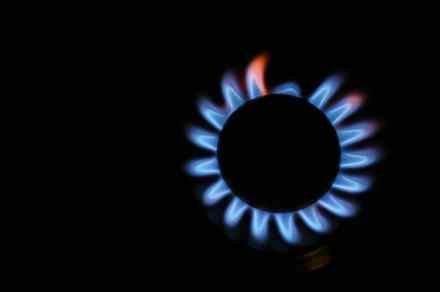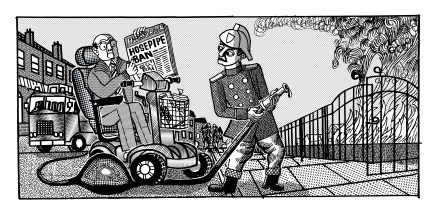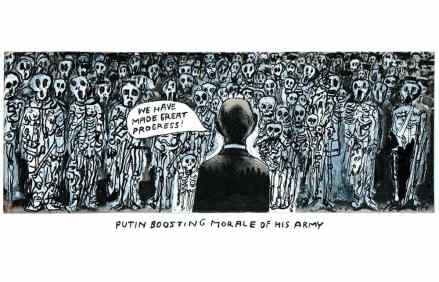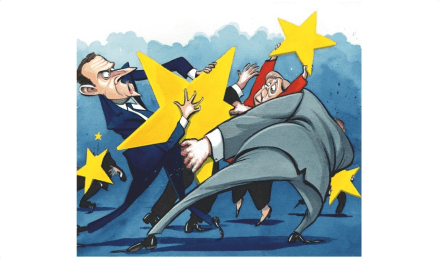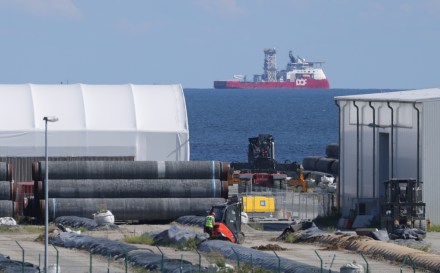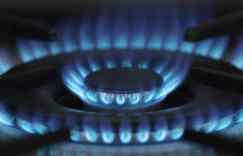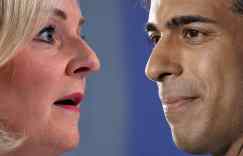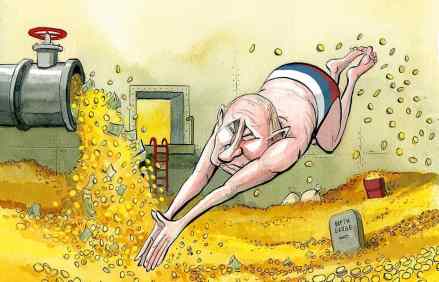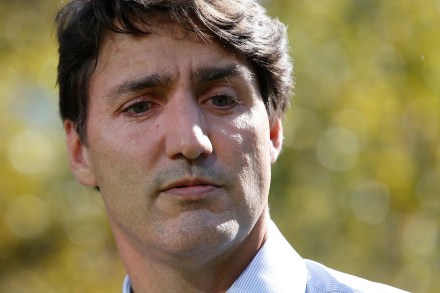How high will energy prices go?
When dozens of energy companies started going bust in 2021, the government knew it had a crisis on its hands. The rise of the energy price cap from £1,277 to £1,971 in April – an increase of nearly £700 – led to not one but two emergency support packages. By the end, £15 billion worth of subsidies and support broadly covered the price rise for Britain’s eight million poorest households. This, it now seems, is just the start of what’s needed to get them through winter. Starting in January, the price cap will be updated every three months instead of every six months to better reflect the wholesale price of energy This
